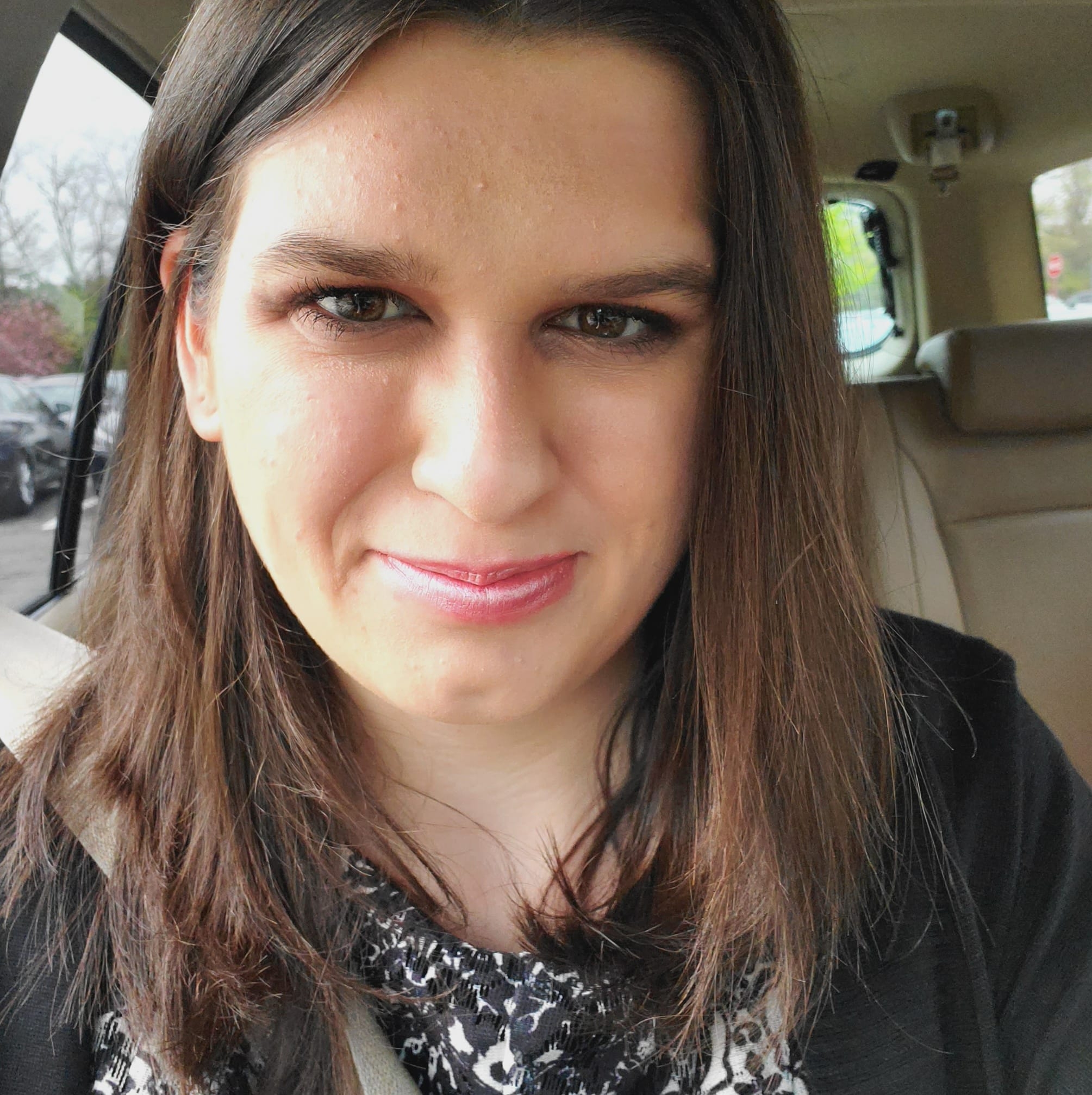Autism Spectrum and Developmental Disorders
Relationships between social strength and deficit profiles and friendship-making among autistic adolescents
(PS4-65) Relationships Between Social Strength and Deficit Profiles and Friendship-making Among Autistic Adolescents

Ava N. Gurba, M.S.
Research Associate II
Drexel University
Philadelphia, Pennsylvania, United States
Jacquelyn A. Gates, M.A. (she/her/hers)
Graduate Researcher
Stony Brook University
Astoria, New York, United States- AN
Allison S. Nahmias, Ph.D.
Assistant Clinical Professor
A.J. Drexel Autism Institute, Drexel University
Philadelphia, Pennsylvania, United States - AH
Abigail P. Houck, M.A.
Research Affiliate
Stony Brook University
Shirley, New York, United States 
Matthew D. Lerner, Ph.D.
Associate Professor
AJ Drexel Autism Institute, Drexel University
Philadelphia, Pennsylvania, United States
Author(s)
Co-Author(s)
Historically, social challenges, including friendship-making, in autistic youth have been attributed to acquisition deficits (i.e., not knowing how to engage in social behaviors; Bishop-Fitzpatrick et al., 2017). More recently, research has suggested that social challenges may also reflect social performance deficits (i.e., not executing known social behaviors; Mendelson et al., 2016) or fewer social strengths in autistic youth. While existing methods afford the opportunity to examine social profiles by identifying acquisition deficits, performance deficits, and social strengths (Gates et al., 2023, Gresham et al. 2010), no work has directly examined the relationship between social profiles and friendship-making. By doing so, we can better understand what social characteristics hinder or facilitate social connection and friendship-making.
Parents of 43 autistic and non-autistic youth (28 autistic, 30 male, Mage =13.73) completed the Social Skills Improvement System (SSIS; Gresham et al., 2008) and these scores were converted to social profiles (Gresham et al., 2010; See Table 1). Both adolescents and parents reported on number of friendships using the Parent and Adolescent Friendship Questionnaires (Beristain & Wiener, 2020). Pearson correlations were used to analyze the strength and direction of association among social profile domains and number of adolescent (ANF) and parent (PNF) nominated friendships.
In the entire sample, parent-reported performance deficits were negatively correlated (r=-.40, p<.01) and strengths were positively correlated (r=.44, p</em>< .01) with ANF, however ANF was not significantly associated with acquisition deficits (p > .94). Parent-reported acquisition (r=-.34, p</em>< .05) and performance (r=-.54, p</em>< .01) deficits were negatively correlated with PNF, while strengths were positively correlated with PNF (r=.42, p</em>< .01). For the autistic group alone, performance deficits negatively correlated (r=-.41, p</em>< .05), and strengths positively correlated (r=.55, p</em>< .01) with ANF, while acquisition deficits were not significantly correlated with ANF. Acquisition (r=-.41, p</em>< .05) and performance (r=-.56, p</em>< .01) deficits negatively correlated and strengths (r=.46, p</em>< .05) positively correlated with PNF. Interestingly, for the non-autistic group alone, none of the social profiles domains significantly correlated with either ANF or PNF.
These results suggest that acquisition deficits contribute less to self-reported friendship-making, while performance deficits and social strengths may do so, specifically in autistic youth. Meanwhile, relations between acquisition deficits and friendship-making may be reporter-specific (e.g., parent-report predicting parent-report), highlighting the need for thorough evaluation from multiple reporters to get a clear picture of social functioning. For non-autistic youth, no associations between social profiles and parent- or self-reported friendships were found, suggesting that differences in deficits and strengths may play a larger role in autistic than non-autistic friendship-making. These findings suggest the importance of considering social performance difficulties and strengths when supporting friendship-making in autistic youth.

.png)
